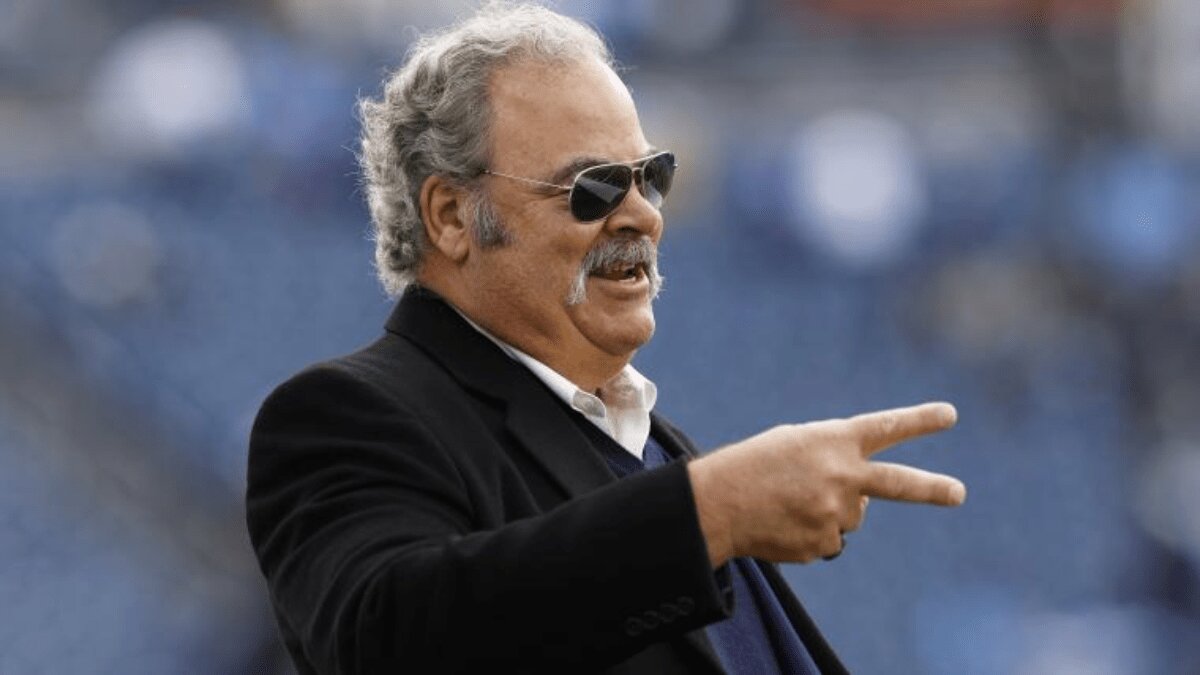The Houston Texans’ 2024 offseason has been a subject of debate among NFL analysts, with opinions divided on whether their moves have been reckless or shrewdly strategic. Let’s delve into the key points of both perspectives:
The Reckless Approach Argument
Short-Term Focus:
- Critics argue that the Texans may be overly focused on immediate success at the expense of long-term stability.
- The acquisitions of high-profile players like Stefon Diggs, Danielle Hunter, Denico Autry, Azeez Al-Shaair, and Joe Mixon suggest an aggressive push for short-term gains.
Financial Concerns:
- There is concern that these high-cost additions could lead to financial strain in the future, especially when it’s time to renew contracts for younger stars like C.J. Stroud, Will Anderson Jr., and Derek Stingley Jr.
- Though the Texans have cap space now, the potential future payouts could limit flexibility in maintaining or upgrading the roster in coming years.
Draft Capital:
- Trading a future second-round pick for Diggs indicates a willingness to mortgage the future for current performance. Although they have managed to retain a pick in every round, trading picks for veterans could reduce the influx of young, affordable talent.
The Strategic Approach Argument
Maximizing Rookie Contracts:
- Proponents highlight the advantage of having C.J. Stroud on a rookie contract, which provides financial flexibility. Stroud’s performance, worth significantly more than his current salary, allows the Texans to invest in surrounding talent.
- This strategy mirrors successful models like the Seattle Seahawks with Russell Wilson, where a young quarterback’s performance on a rookie deal propelled the team to success.
Cap Management:
- The Texans’ cap space projections show a calculated approach to contracts, with outs built into deals for high-dollar veterans. This allows them to move on from players if needed without severe financial repercussions.
- Future cap space looks promising, with significant flexibility from 2026 onwards, which could accommodate extensions for Stroud, Anderson, and Stingley.
Core Building:
- The Texans have locked in their core players for the next few years, providing stability and continuity. Key positions like offensive tackle, linebacker, and tight end have secured talent for the foreseeable future.
- The team is set to maintain competitiveness with a solid core, enabling them to make strategic additions rather than wholesale changes.
Detailed Position Analysis
Quarterback:
- C.J. Stroud (2027 with 5th-Year option): Central to the team’s future, with the potential for a significant contract extension post-2025.
- Backup Strategy: The current backups provide stability without heavy investment, allowing cap focus elsewhere.
Running Backs:
- Joe Mixon (2026), Dameon Pierce (2025): A strong veteran presence combined with young talent ensures depth and flexibility.
- Contract Management: Potential savings with Mixon’s contract by 2026, aligning with the need to extend core players.
Wide Receivers:
- Stefon Diggs (through 2024), Nico Collins (expected extension), Tank Dell (2026): A mix of veteran leadership and developing talent.
- Future Needs: Additional depth required post-2024, likely to be addressed through affordable means.
Defensive Line:
- Danielle Hunter (2025), Will Anderson Jr. (2027 with 5th-Year option): Elite edge presence with solid depth behind them.
- Defensive Tackles: Thin for the future, necessitating future investment either through the draft or free agency.
Linebackers:
- Azeez Al-Shaair (2026), Christian Harris (2025): Strong starting duo with potential cap-saving options.
- Depth and Future: Adequate for now, with potential low-cost additions needed in future drafts.
Cornerbacks and Safeties:
- Derek Stingley Jr. (2026 with 5th-Year option), Kamari Lassiter (2027): Promising but reliant on Stingley’s health and Lassiter’s development.
- Safeties: Investment in youth like Jalen Pitre and Calen Bullock provides a strong foundation.
Conclusion
Calculated Risk:
- The Texans have taken a balanced approach, leveraging the rookie contract of their quarterback to build a competitive roster without sacrificing long-term flexibility.
- While there are risks, particularly with financial commitments and future draft capital, the team’s strategic cap management and roster building indicate a well-thought-out plan.
Future Outlook:
- The team is poised to contend in the near term while maintaining the ability to build and adapt in the future.
- If the core young players continue to develop, the Texans could sustain success beyond the immediate two-year window, transitioning smoothly from a rookie contract era to one involving star player extensions.
In summary, the Texans’ offseason moves, while aggressive, appear to be a calculated gamble aiming to maximize their current competitive window without undermining their future. The real test will be in execution on the field and how well they manage forthcoming contract renewals.
TOPICS:
Texans


